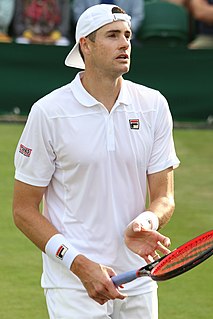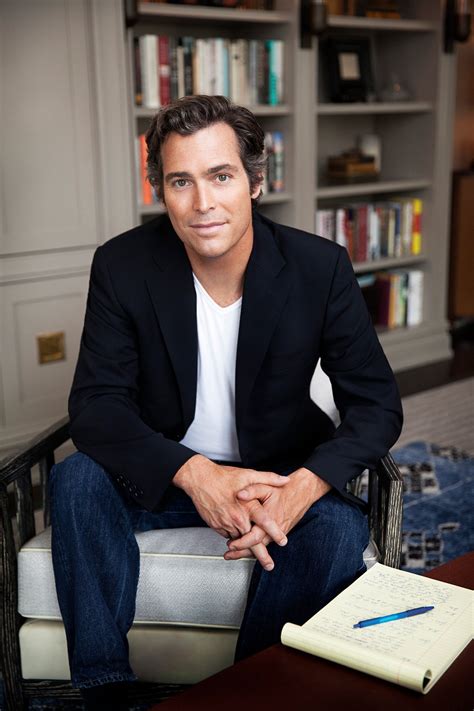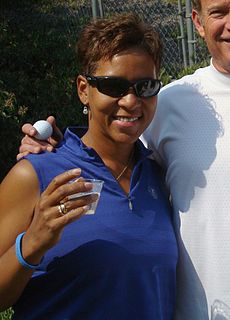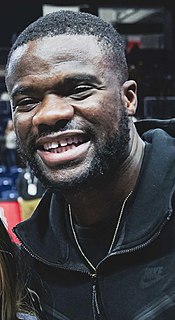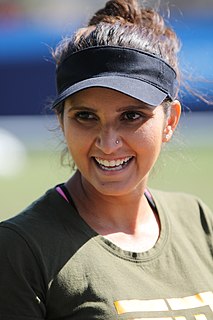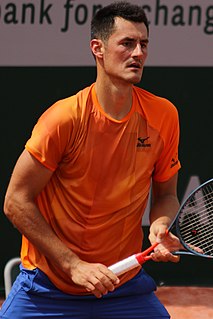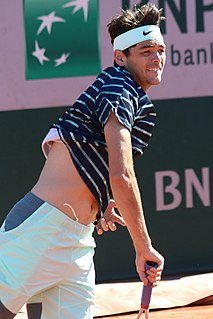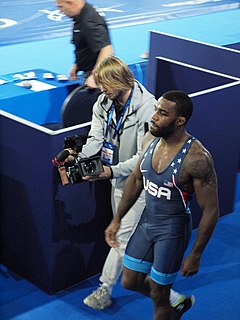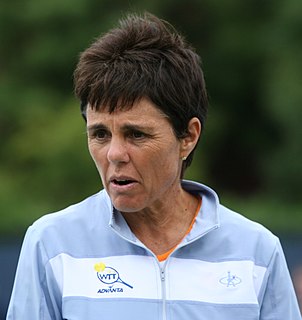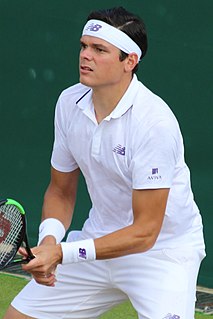A Quote by John Isner
Sometimes I think the easiest way to introduce what goes into managing the expenses of a tennis career is to take a look at another pro sport and notice some of the differences.
Related Quotes
You have to think of your career the way you look at the ocean, deciding which wave you're gonna take and which waves you're not gonna take. Some of the waves are going to be big, some are gonna be small, sometimes the sea is going to be calm. Your career is not going to be one steady march upward to glory.
People in tennis, they've been in a certain bubble for so long they don't even know who they are, because obviously it's just been tennis, tennis, tennis. And let it be just tennis, tennis, tennis. Be locked into that. But when tennis is done, then what? It's kinda like: Let's enjoy being great at the sport.
Some folks call tennis a rich people's sport or a white person's game. I guess I started too early because I just thought it was something fun to do. Later, I discovered there was a lot of work to being good in tennis. You've got to make a lot of sacrifices and spend a lot of time if you really want to achieve with this sport, or in any sport, or in anything truly worthwhile.
